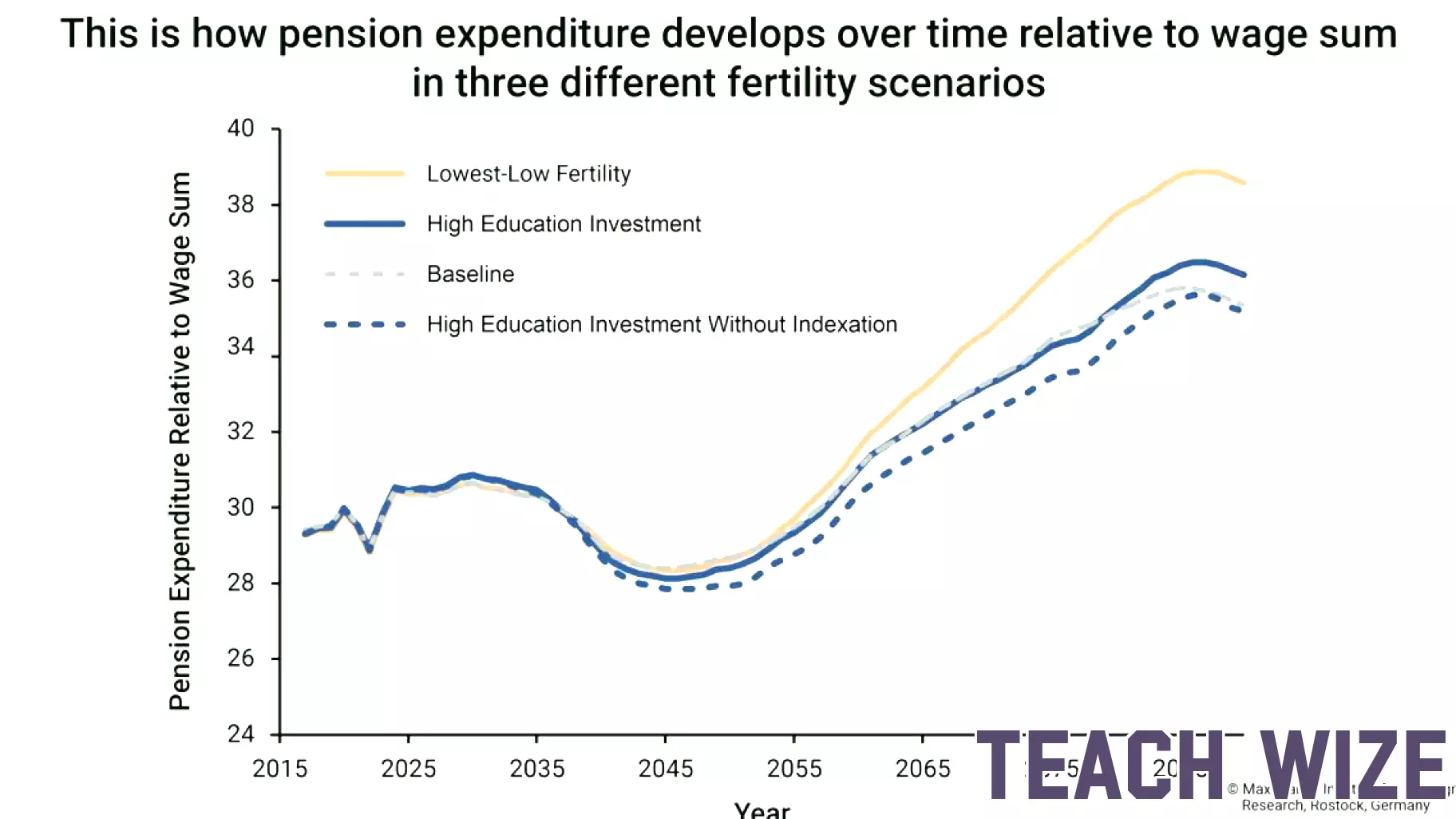Education Investments Mitigate Economic Challenges of Low Fertility Rates
April 8, 2025 - 16:15

A recently published study by Mikko Myrskylä, Director of the Max Planck Institute for Demographic Research in Rostock, Germany, reveals that investments in education can effectively counterbalance the adverse effects of declining fertility rates on long-term economic sustainability. The research highlights that as birth rates fall, many countries face potential economic stagnation due to a shrinking workforce. However, the study emphasizes that enhancing educational opportunities can lead to a more skilled labor force, which in turn drives innovation and productivity.
Myrskylä's findings suggest that prioritizing educational funding not only prepares individuals for a rapidly changing job market but also fosters economic resilience. By equipping citizens with advanced skills, nations can maintain competitive advantages even in the face of demographic shifts. This approach underscores the importance of viewing education as a strategic investment that can yield significant returns, ensuring that economies remain robust despite the challenges posed by low fertility rates.
MORE NEWS

February 25, 2026 - 00:06
Higher education leaders discuss national trends at FIUA pivotal discussion on the national trends shaping higher education unfolded recently, bringing together top policymakers and experts to debate the pressing question of a degree`s return on...

February 24, 2026 - 04:14
Florida education leaders voted to add the fall of Venezuelan leader to high school lessons about communismFlorida high school students will soon examine the dramatic 2019 removal and capture of Venezuelan leader Nicolás Maduro as a case study within their history curriculum. The state`s education...

February 23, 2026 - 20:32
The STEM teacher workforce in high-need settings: Evidence on trends, challenges, and the role of the Noyce programNew research is shedding light on the critical state of the STEM teacher workforce in America`s high-need school districts. A recent expert evaluation reveals a teaching corps characterized by both...

February 23, 2026 - 05:49
Open Education Week is back for spring 2026The global academic community is preparing to celebrate Open Education Week this spring, a key event dedicated to breaking down barriers in learning. From March 2nd through the 6th, institutions...